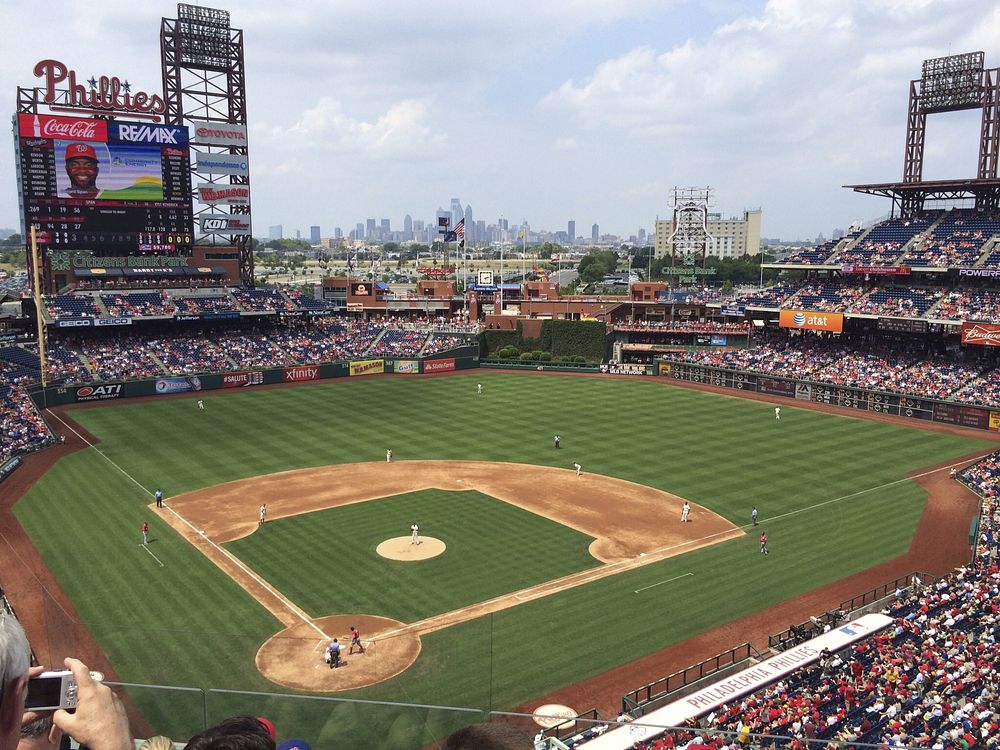As most of you know, baseball is a big sport in the U.S., but what’s it all about? Well, there is the regular season, but there is also the super-important postseason. Postseason in the MLB is just as significant, as this decides the future World Series Champions! The Postseason for all MLB teams gets divided up as so: The winners of the Wild Card Series face the two best division winners (seeds) in each league in the Division Series, and the victors advance to the League Championship Series to determine the pennant winners who play each other in the World Series. As a part of the state of Delaware, most students look to root for Philly sports teams as they are the closest to the state. The Philadelphia Phillies have outdone themselves all seasons until almost being the winners of the NLCS (National League Championships). The atmosphere and environment in the fall for the postseason is much more publicized, advertised, and overall exciting. In an interview with Kendall Law’s ’24 father, Keith Law, who is an American senior baseball writer for The Athletic. He previously wrote for ESPN.com and is now a member of the Baseball Writers’ Association of America. He was asked if he could explain the significance of the MLB postseason and how it differs from the regular season. He answered: “Major League Baseball is unique among major North American sports leagues because its regular season is so much longer – we play twice as many games as the NBA or NHL – yet we allow the lowest percentage of teams into the playoffs. So our regular season turns out to be extremely important. I think it also creates some confusion for fans because we come off this long season that’s a huge sample for data, with 162 games, into a postseason that takes place in a month where no team will play more than 22 games. In a sample that small, you’re going to get a lot of unexpected results.”
The total season in MLB is extraordinarily longer than most other sports as it starts in early spring and ends in late fall, essentially just missing the winter months. When asked how do the strategies and gameplay of teams change during the postseason compared to the regular season? Mr. Law replied: “The postseason has a lot more off days than the regular season, so teams do not need as many starting pitchers and can rely more on their best relievers than they usually would. During the regular season, you can have seven to ten days in a row with games, so while you always want to manage to win tonight’s game, you might think about preserving some guys for tomorrow’s game. In the playoffs, you manage to win tonight’s game, period. The most obvious way this happened within games in October was how managers pulled their starting pitchers earlier than you would typically see in the regular season, sometimes after they gave up just one or two runs because that was the right move to win that particular game.”
Lastly, Mr. Law was asked if he could share some insights on the Philadelphia Phillies’ performance in recent seasons and their prospects for future success. He responded: “The front office in Philadelphia did a great job building a winner very quickly by investing in high-end free agents, building around the prospects coming up out of the farm system. Zack Wheeler has been a huge success since he signed, and I think Kyle Schwarber counts as a success as well. They’ve also had multiple players show significant improvement as hitters since reaching Philadelphia, including Bryson Stott and Brandon Marsh, which should give fans hope that they’ll continue developing players as long as hitting coach Kevin Long is there. On the other hand, the farm system is still not very strong, and they either need to re-sign pitcher Aaron Nola or go out and sign someone at his talent level to replace him.” These are just some of the star players on the Phillies that stuck out this past season. This gives us insight into how the two seasons differ and what fans should expect and look forward to in the spring of 2024! Go Phils!
































